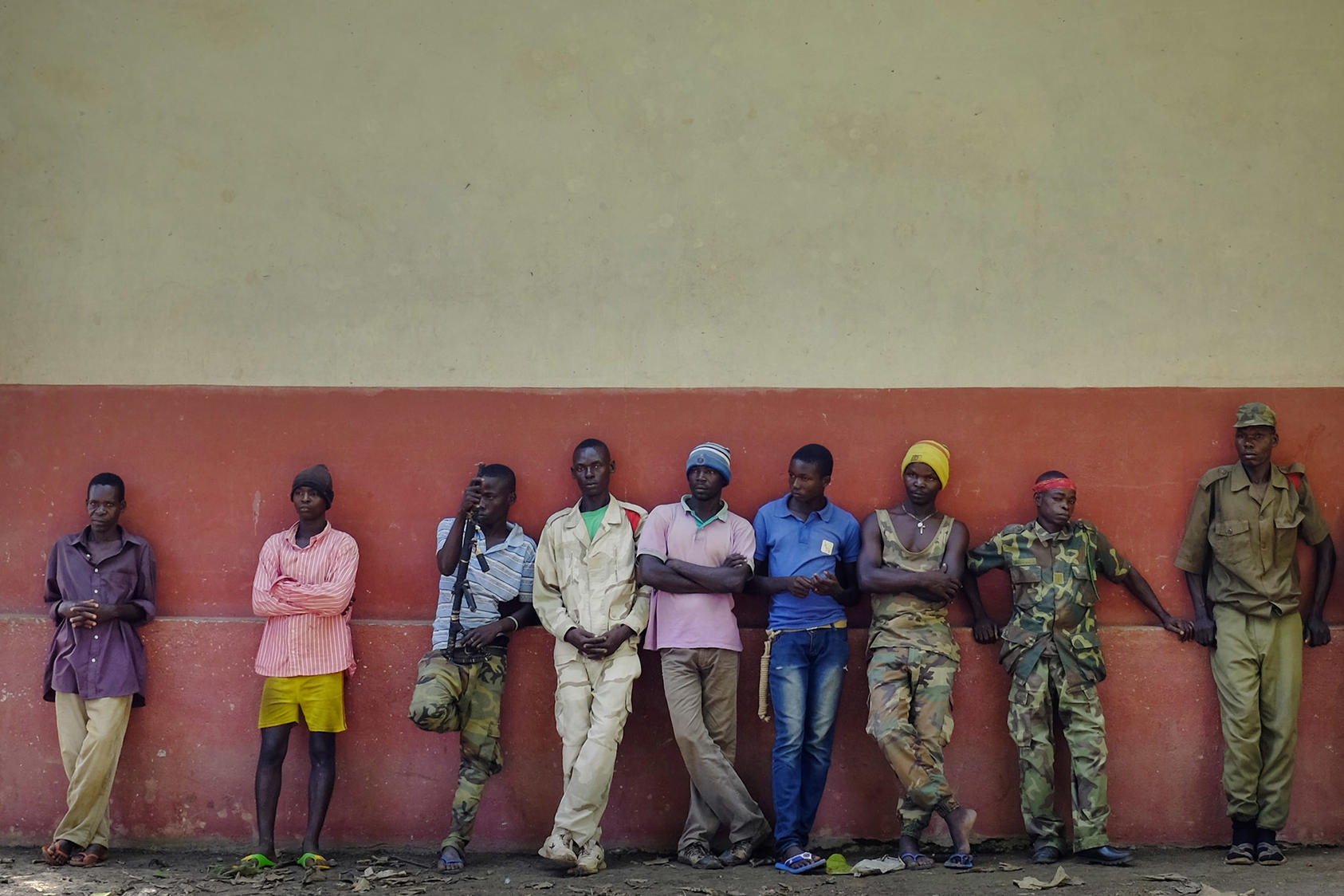Coffee production is a fairly small part of the Central African Republic's economy, but it plays an outsize role in the country's ongoing conflict. Armed militia groups that hold sway over the country's main coffee growing regions and trade routes reap millions of dollars in funding to sustain their operations. This report discusses how understanding the political economy of conflict in the Central African Republic can help national and international stakeholders break the cycle of violence.

Summary
- Coffee is a small part of the conflict economy of the Central African Republic (CAR), but the coffee trade, harvest cycles, and control of key markets all play a vital role in shaping economic and conflict dynamics within the country.
- By engaging in predatory practices on the trade and transport of coffee, armed groups reap up to $2.75 million in funding each year from their control of CAR’s coffee market.
- The lucrative nature of the coffee trade creates disincentives for profiting armed groups to seriously participate in the peace process.
- For example, despite the signing of a peace accord between the government and fourteen militia groups in February 2019, several of the signatory armed groups remain active in controlling roadblocks on the lucrative Sudanese trade circuit.
- Tracking the involvement of armed groups in the markets for coffee and other conflict resources provides strategic insight into when—and how to prepare for—spikes in conflict between the armed groups competing over the spoils.
- A revitalized coffee industry could serve as the impetus to support reengagement between coffee farmers and traders in order to help restore former trading relationships and gradually sideline armed groups.
About the Report
This report focuses on one of the lesser-studied aspects of the Central African Republic’s conflict economy—the coffee trade. Findings are based on field research carried out in the country’s eastern and western coffee growing zones and key hubs such as Bambari and Bangui in June and July 2017, along with a broader analysis of the country’s armed group dynamics, conflict economy, and the peace accord signed in February 2019.
About the Authors
Fiona Mangan was a senior program officer at the United States Institute of Peace from 2012 to 2015, served as USIP’s country representative in CAR in 2016, and is now research director at Justice and Security in Transitions. Independent researcher Igor Acko was USIP’s local country specialist in CAR from 2016 to 2019. Manal Taha was a Jennings Randolph Senior Fellow at USIP in 2015–16 and now serves as a capacity-building coordinator at MSI Worldwide.